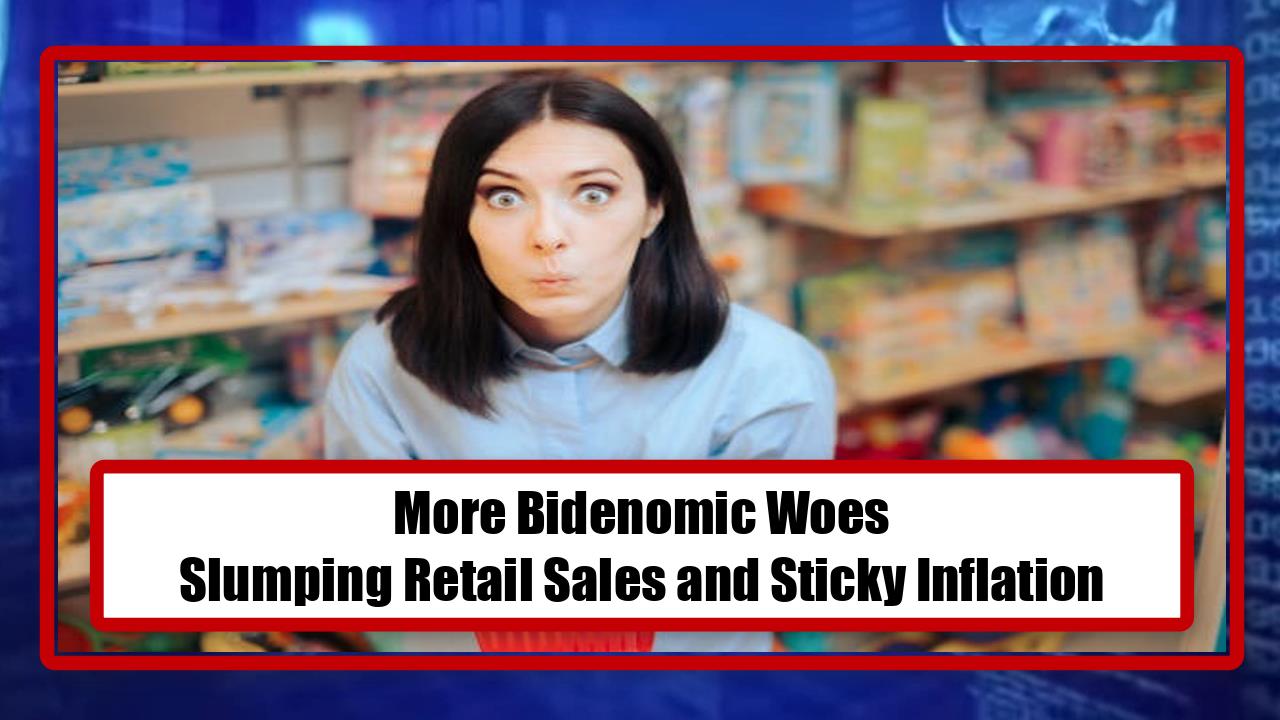Video:
Take our online poll:
AI Analysis:
A decrease in retail sales typically indicates a slowdown in consumer spending, which can have various implications for an economy. Here are some possible interpretations:
1) Economic Contraction: A sustained decline in retail sales may suggest a broader economic contraction. Consumer spending is a significant driver of economic activity, and a decrease in retail sales can contribute to an overall slowdown.
2) Decreased Consumer Confidence: A drop in retail sales may signal reduced consumer confidence in the economy. Consumers might be cutting back on discretionary spending due to concerns about job security, economic uncertainty, or other factors.
3) Impact on GDP: Since consumer spending is a major component of Gross Domestic Product (GDP), a decline in retail sales can negatively impact economic growth. Slower retail sales may lead to lower GDP figures, especially if the trend persists.
4) Unemployment Concerns: Reduced retail sales may lead to lower demand for goods and services, potentially affecting businesses and leading to job cuts. This can contribute to higher unemployment rates.
5) Inventory Accumulation: Businesses may face excess inventories if consumer demand drops unexpectedly. This can result in businesses cutting production, which, in turn, can affect employment and economic growth.
6) Sector-Specific Challenges: Certain sectors, especially those heavily dependent on consumer spending, may be disproportionately affected. For example, industries such as retail, hospitality, and entertainment may face particular challenges during periods of decreased retail sales.
7) Government Response: A decline in retail sales may prompt government intervention to stimulate the economy. Governments might implement fiscal or monetary policies to encourage spending and investment.
8) Global Economic Impact: If a country is a significant player in the global economy, a decrease in its retail sales could also have repercussions for international trade and global economic dynamics.
It's important to consider the context and the duration of the decline in retail sales. Short-term fluctuations may be a natural part of economic cycles, but sustained declines may warrant closer examination and potential policy responses from economic stakeholders.
Chart:

References:


Comments